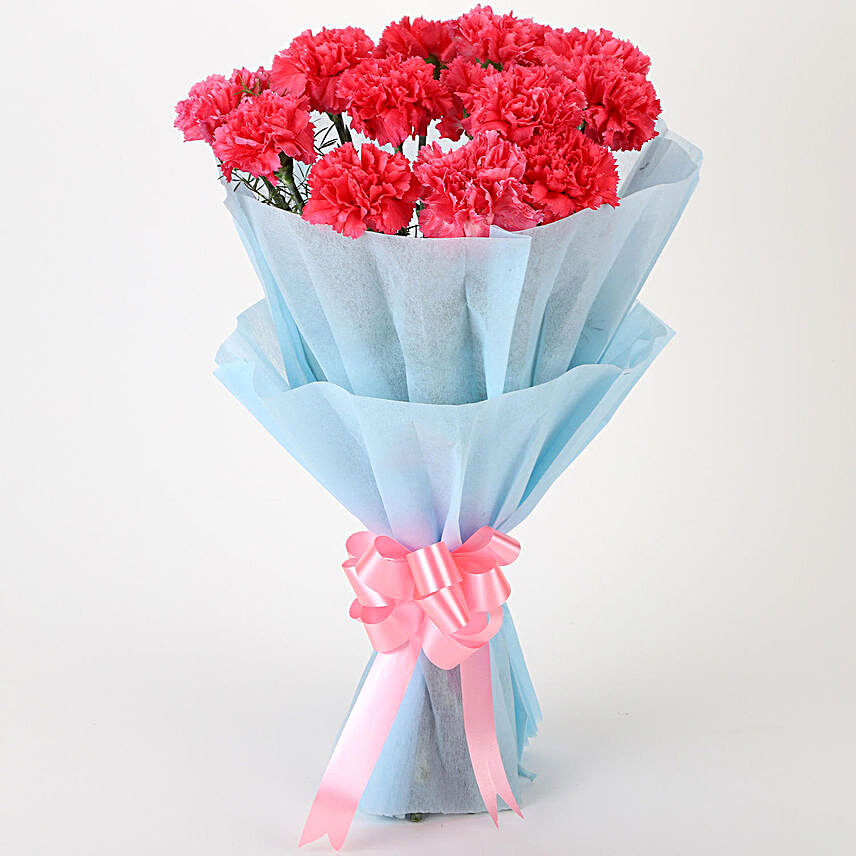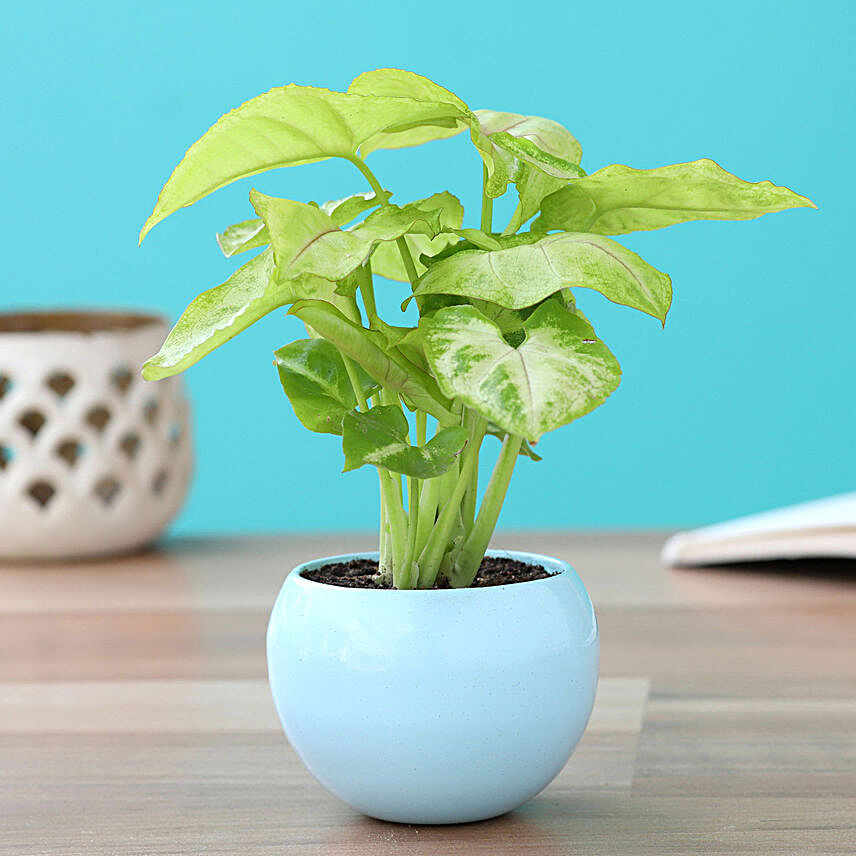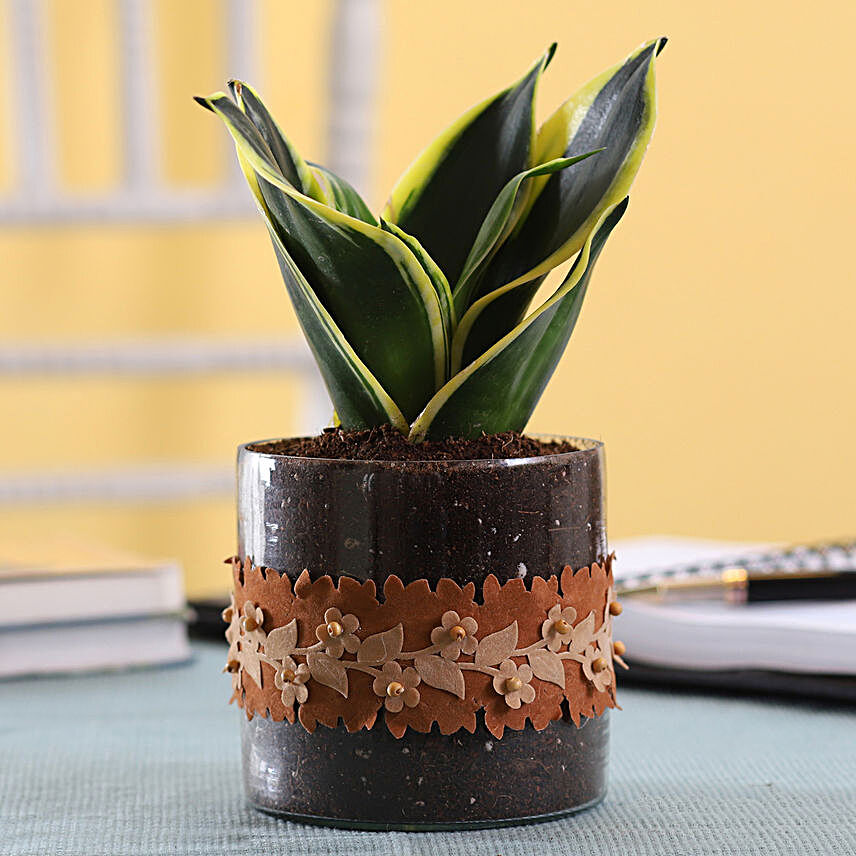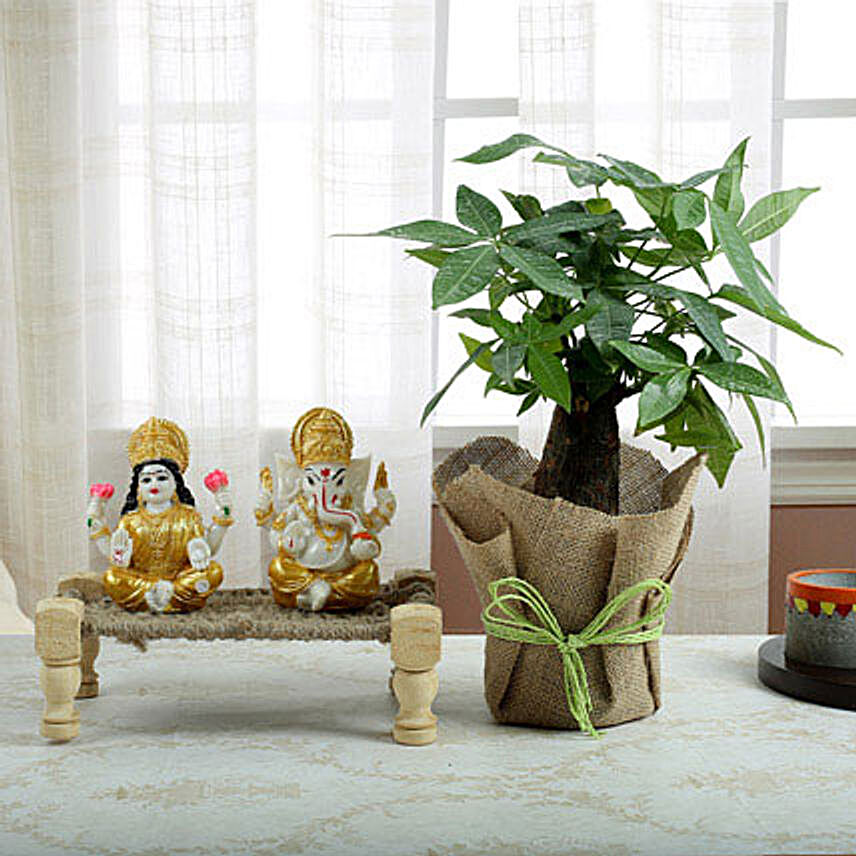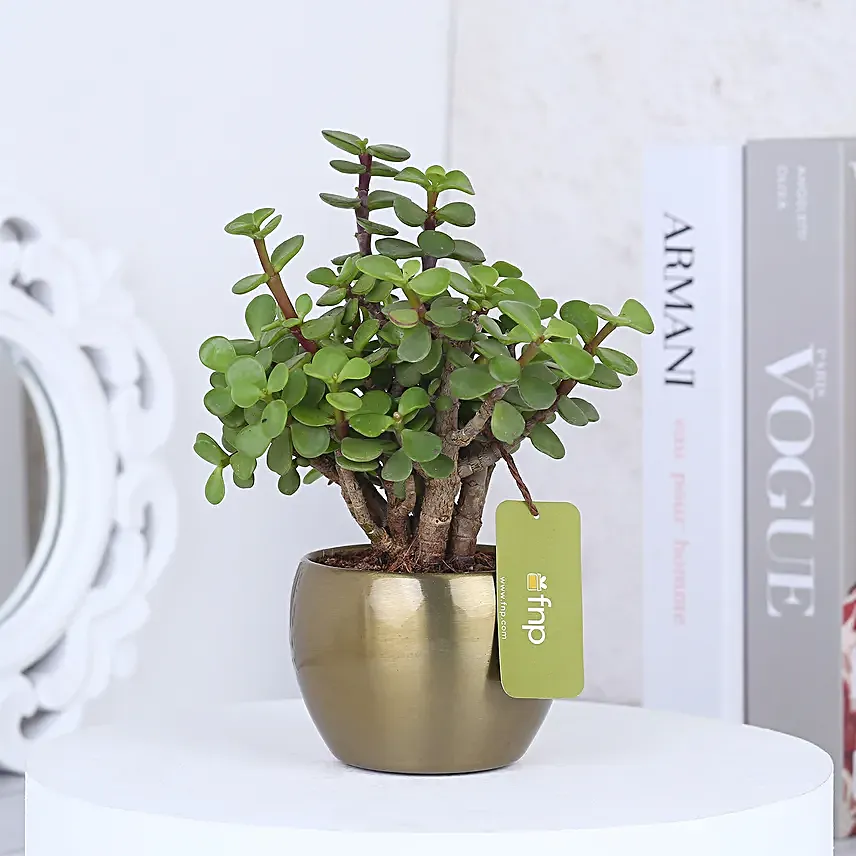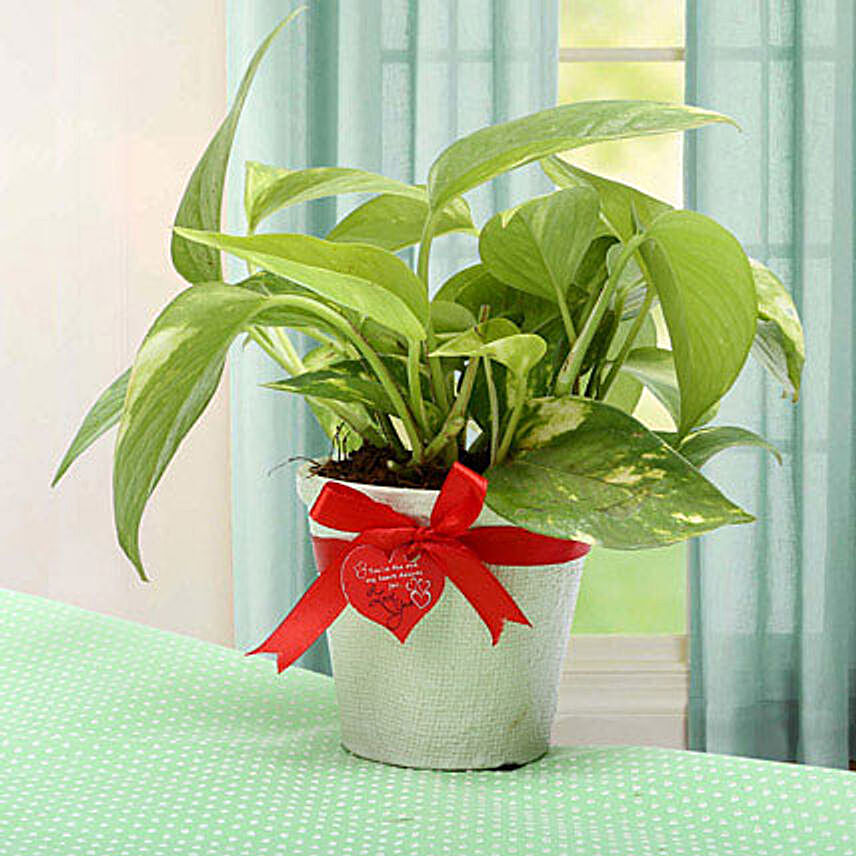Common Myths Related to Bonsai Plants
- Author: Anushka Published: 14th February, 2022
For those who are unfamiliar, Bonsai plants are miniature trees that are kept in containers. The Bonsai is an important part of the Japanese culture and is long well-known for its ability to draw spiritual energy into the area it is placed at. However, as much as these plants are unique and amazing to look at, there are lots of myths associated with them. This article shares some common myths you should know about bonsai trees.
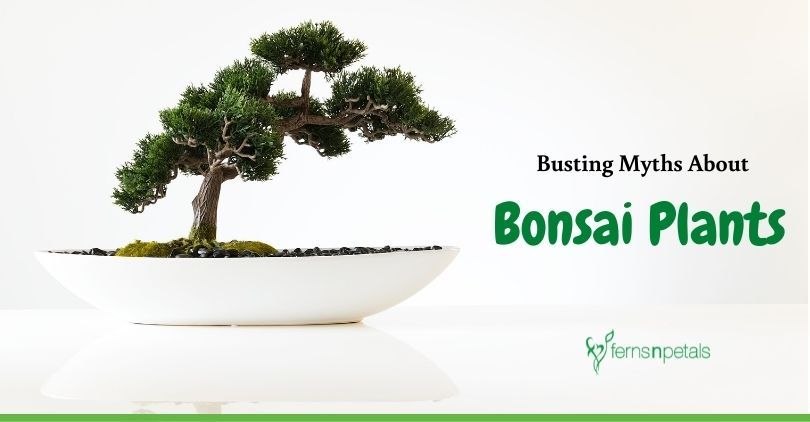
Bonsai are Merely Indoor Houseplants
Given their dwarfness, it seems that they are only meant to keep indoors. Plant parents believe that their Bonsai will stop growing once it has reached a certain size. However, the plant grows to its full potential when allowed to grow outdoors. In fact, depending on the species and climate, most Bonsai thrives outdoors. The rule of thumb is to replicate the exact environment of the plant’s native habitat.
Bonsai are Expensive
In ancient times, Bonsai was practised only by the rich and famous. Fast forward to the 21st century, the plant is open to anyone who has got a severe green thumb. They are inexpensive and available within your budget easily.
Fertilisers Shouldn’t be Given to Bonsai
The misconception here is that not feeding fertilisers will keep your Bonsai small. However, not using fertilisers will shorten its lifespan. Fertilisers are plant foods that are essential to keep your plant healthy and thriving. All you need to take care of is to feed your Bonsai the fertiliser as instructed.
An Imported Plant is a True Bonsai
The thought that only an imported plant will come out to be a true Bonsai is anything but true. Given the rising popularity of Bonsai all across the globe, new species are turning up. Hence, it’s not a herculean task to get a real Bonsai.
Fruits on Bonsai trees are Smaller than Normal
The truth is Bonsai trees produce flowers and fruits relative in size to their full-grown variety in nature. Fruit from a bonsai tree may be somewhat smaller compared to a normal-size tree, but certainly not miniature and are just like other naturally grown fruits.
